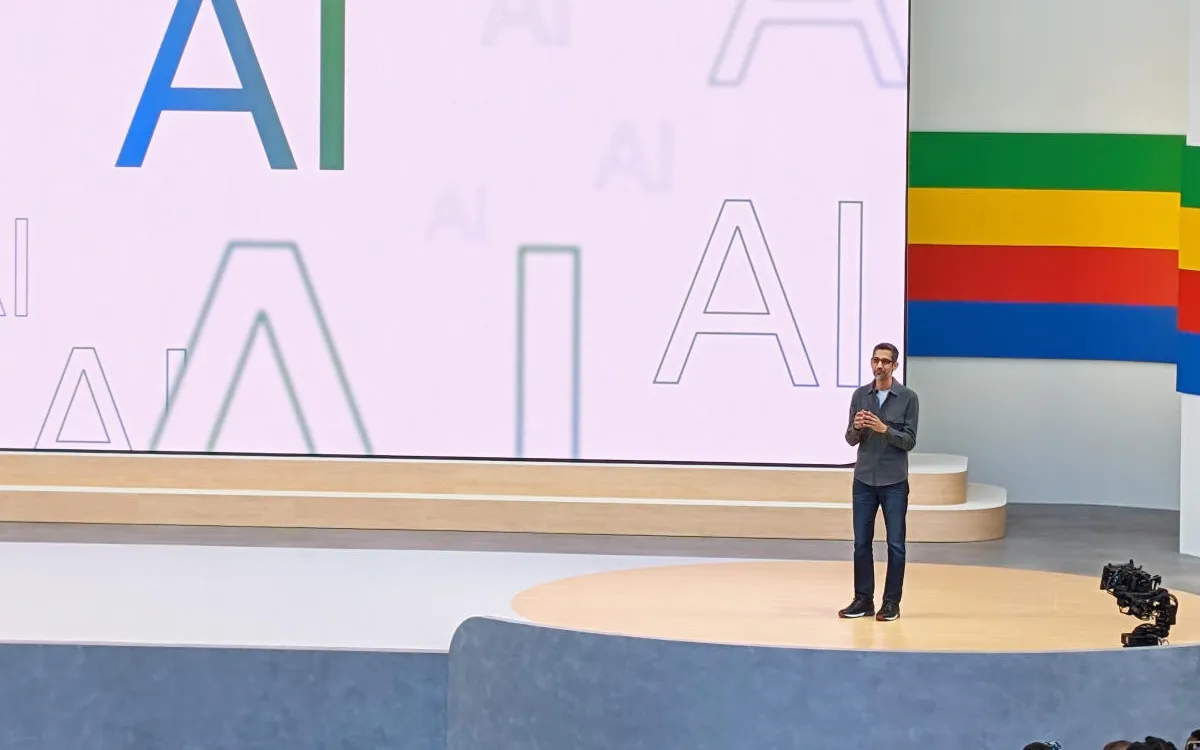
Next week, at its annual I/O developer conference, Google is set to unveil a revolutionary feature that The Information describes as reminiscent of Pinterest. This innovative addition aims to enhance user experience by presenting image results tailored to specific queries, particularly benefitting those seeking inspiration for fashion and interior design.
The new feature will empower users to explore a wide array of images based on their search queries, potentially igniting creative ideas in various domains. Users will have the ability to save their favorite images into personalized folders, allowing them to categorize their inspirations based on distinct themes. This organizational capability is designed to foster creativity and streamline the process of collecting ideas.
While The Information has drawn parallels between this feature and Pinterest, it may more closely resemble Cosmos, a simpler version focusing on content curation. Cosmos enables users to compile anything they save from the web into organized clusters, which they can then share with friends or colleagues. This functionality highlights the growing trend of visual search and content organization within the digital landscape.
Industry experts suggest that Google’s introduction of this Pinterest competitor is a strategic response aimed at safeguarding its advertising revenue from commercial queries. Recent reports indicate that Google has been losing search traffic in areas like homework and math to competitors such as ChatGPT. A company executive even mentioned in court that Google faces challenges in maintaining its search monopoly.
Although educational queries typically do not generate significant ad revenue, Google is acutely aware of the need to adapt. By offering users a more engaging way to obtain search results that artificial intelligence cannot replicate, this new feature could help Google retain its advertising earnings.
In addition to the Pinterest-like feature, Google may also roll out a software development lifecycle agent. This tool could assist software engineers in identifying bugs and flagging security vulnerabilities throughout the development process, enhancing overall software quality.
Furthermore, Google is expected to showcase the voice-powered integration of the Gemini AI chatbot into its Android XR glasses and headset. Previous indications suggest that Google may also be launching the integration of Gemini Live within the Chrome desktop browser, further expanding its AI capabilities.
In conclusion, these upcoming features reflect Google's commitment to innovation and its proactive approach to adapting to the evolving digital landscape. As the I/O developer conference approaches, tech enthusiasts and industry experts alike are eager to see how these developments will unfold.
If you purchase something through a link in this article, we may earn a commission.